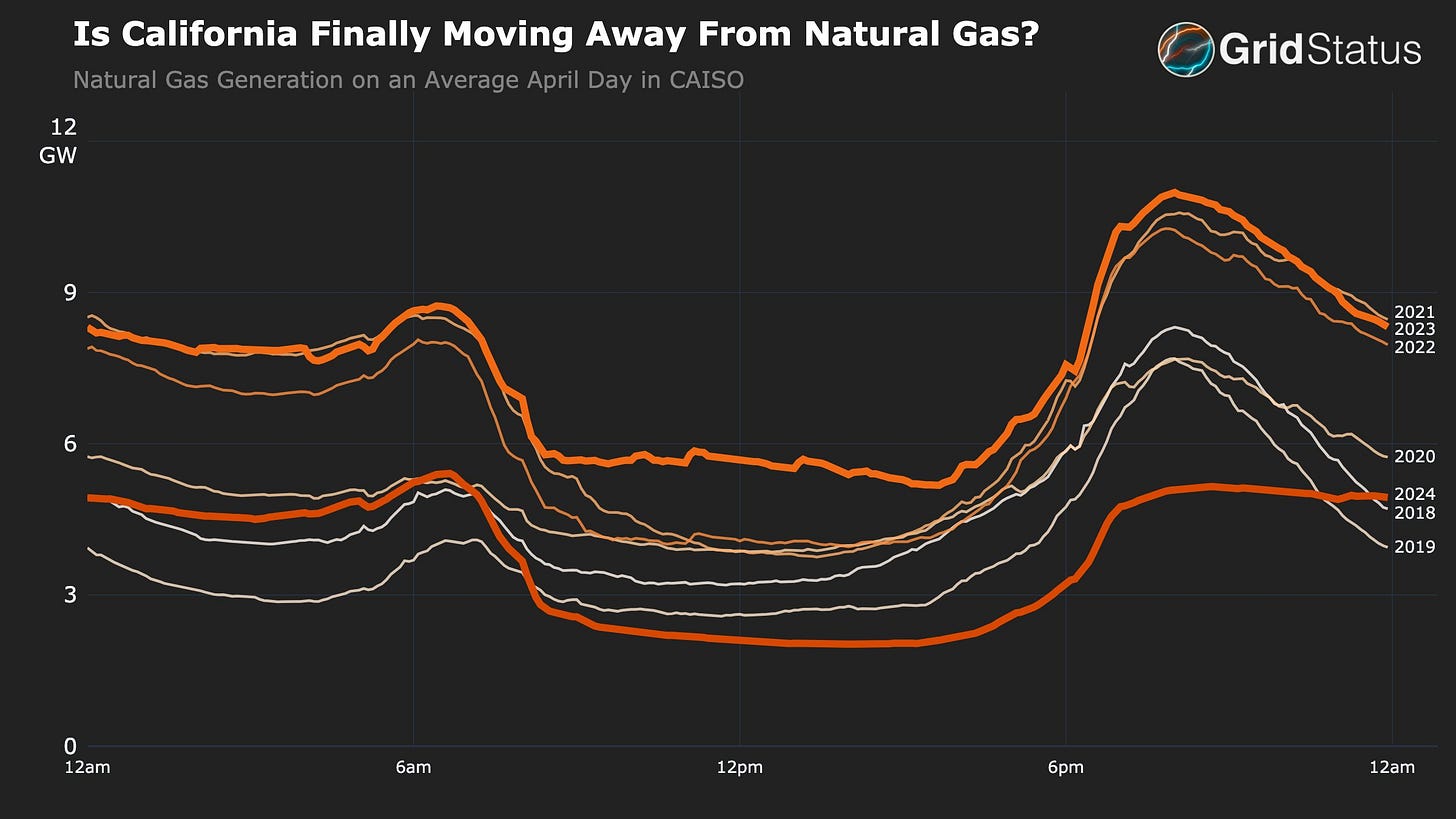A few things of interest this week.
An ominous video from The Economist of what current baseline levels of climate change will lead to. The current heat wave in Southeast and South Asia has been brutal and has led to fatalities in Thailand. These types of videos may seem alarmist but are necessary so that people understand what is at stake without having to navigate climate model APIs and read the scientific literature.
The Case for Striking More Russian Oil Refineries: Well-argued and reasonable in my opinion especially in light of recent softness in oil products markets.
Tighter Labor Markets In Wartime, Russia Edition: In a not wholly surprising development Russia is finding if your total fertility has been low for a while and you get a large number of young men killed off you may start facing production constraints in other parts of your economy.
David Fickling’s surperb and long overdue thread on all those breathless numbers about the losses being faced by Ford, GM et al on their EV programs. This is mostly due to depreciation accounting and GAAP vs IFRS. Getting to the point where an electric equivalent costs the same as ICE takes time and money and under US GAAP you realize those costs up front.
Alphafold 3 is out. I try to teach my kids some chemistry using Happy Atoms if they are home from school sick and these kinds of developments to demystify organic chemistry mechanics are going to do absolutely wild things to materials science and pharmacology over time.
Duck Hunt, power grid edition. Solar first created the duck curve, now cheap batteries are flattening it. I do think we are in a virtuous cycle now of cheap solar being enabled by cheap storage and vice versa. Solar creates big intraday spreads, which batteries live off and compress which in turn enables more solar and so forth. Seasonal storage remains challenging, but the outlook is really improving especially for more mild and sunny climates like Australia and California.




David's analysis is largely correct although his comment on America being able to compete with Chinese EV's on the basis they did it with Japan/Korea in the 70's is wrong, in my opinion.
How are the US able to compete when China has been stealing IP for over a decade and refining said IP without the same environmental + labour laws. (I yapped a reply here https://twitter.com/Noicewon11/status/1789201228200903103)
Would love your opinion on this, Alex.